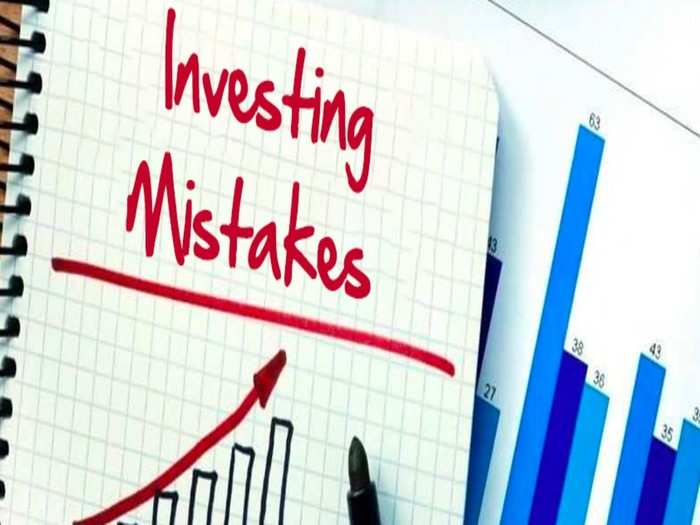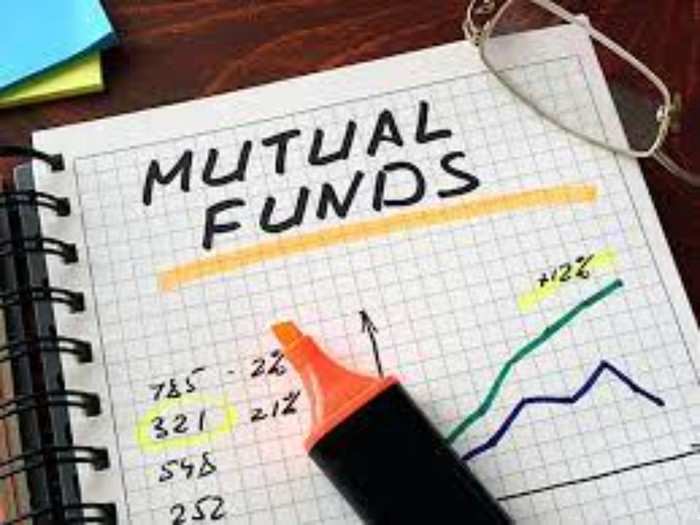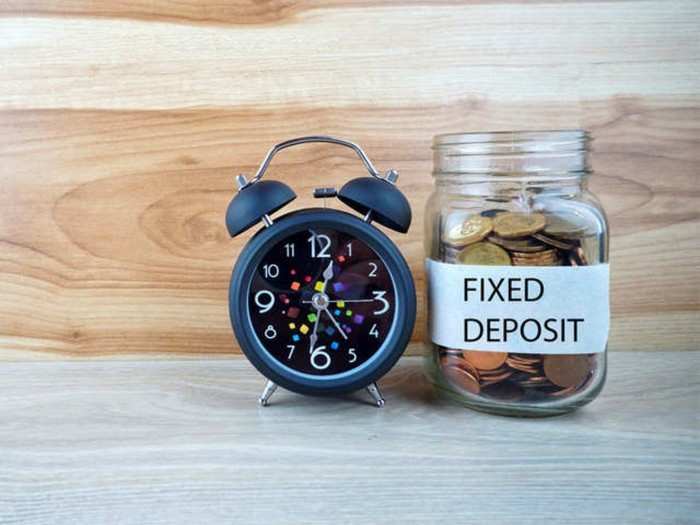- Investment in mutual funds have risen and so has misselling.
- Due to the rise in misinformation of several financial products, SEBI plans to reach out to around 60 crore Indians.
- Here are a few red flags to watch out for.
Investment in financial products like mutual funds or some insurance schemes have become extremely popular in the last decade. The assets under management (AUM) of the Indian mutual fund Industry has seen about 5 fold increase in a span of 10 years from ₹6.73 lakh crore as on June 30, 2011 to ₹33.67 lakh crore as on June 30, 2021, shows Association of Mutual Funds in India (AMFI) data.
In fact, the market regulator is planning to reach 60 crore Indians through its multimedia campaign and caution investors in order to make them aware of illegal and unsolicited investment tips on stocks, mutual funds and other capital market products as per Securities and Exchange Board of India (SEBI) Chairperson Ajay Tyagi. He was
speaking at a recent virtual event organised by National Institute of Securities Markets (NISM) on July 22.
As many of us do not understand the nitty-gritty of mutual fund schemes and varying insurance policies, there is a high chance of getting fooled by someone who earns a commission from selling these financial products.
Six red flags for investors to avoid becoming a victim of misselling by agents or financial advisors
BCCL
Alert 1: "In the last one year… "
BCCL
While the statement stands true, especially in today’s times, that the last one year’s returns are attractive, so are almost all existing mutual fund schemes in the country. This is because the equity market rallied significantly in the last one year. The BSE Sensex surged 39% in one year from July 27, 2020 to July 26, 2021.
To gauge the consistency of returns, it is always better to compare them over longer timelines like 3 years, 5 years and so on.
Further, choose funds according to your risk appetite. One can evaluate risk profile by going through a set of questions like age, income, financial dependencies of the investor. These answers will help you guide how much risk you can take.
Alert 2: "New fund offer (NFO) in mutual fund is same as initial public offering (IPO)"
BCCL
NFOs and IPOs are two different financial products. While an IPO is the process by which a private company can go public by sale of its stocks to the general public, NFO is when an asset management company launches a new scheme to raise capital and offers fund units to investors.
Asset Management Companies (AMCs) utilise this money to buy securities like equity and bonds. And companies raise the funds through IPO to expand their business or reduce the promoters’ stake.
Both sound similar, but returns from NFO depend on the stocks the fund manager of the scheme has invested in along with ongoing market scenarios. Returns from an IPO depend on company fundamentals, valuation of the stock, liquidity and so on.
Alert 3: "The NAV is zero…"
BCCL
Firstly, net asset value (NAV) is the price of a unit of a mutual fund scheme similarly like there are shares of a company.
NAV of a mutual fund scheme goes up when the stocks or securities held by the scheme do well. However, it is not wise to base your investment decisions on the NAV of the particular scheme. Comparing NAV is not the best parameter because it doesn't guarantee anything. If a fund has good stocks in its portfolio it will deliver good returns no matter what the NAV is.
Once again, focus on the term returns of the fund and not NAV.
Alert 4: "You should diversify investments. So, here's another fund…”
BCCL
Most investment experts have suggested that an average investor does not need more than four schemes -- including tax saving schemes -- in the mutual fund portfolio. When you are investing a modest amount, it is always better to have a focused portfolio to maximise returns.
If your advisor tells you to invest in more categories of fund, then alert yourself.
Diversification means spreading your funds across assets to bring down the overall risk and maximise returns from your investment portfolio.
Alert 5: "Fixed deposits suck…"
BCCL
It is true for some people, not all.
For example, retired folks who do not want to lock up their money for 10-15 years or need regular returns to stay liquid, fixed deposits are still the go-to option.
While it is true that fixed deposits (FDs) give lower returns than any other investment product, all other investment products do not give stable returns all the time compared to FDs. Equities will give you more returns when markets are doing good and might even give you zero or negative returns when markets are bad.
Not to forget, several mutual fund schemes offer attractive commissions to distributors for recommending them to investors.
Fixed interest rates do not tend to go up and down frequently. Even if you choose to invest in stocks, it is wise to invest a portion of your savings in a fixed deposit. It puts safety first.
Alert 6: "Trust me..."
BCCL
Don't trust anything but data. Not complicated data, but the consistency of a fund's returns over a long period of time, compared to others.
Like it’s said, never trust a man who says, trust me. This saying fits in when you are making investment decisions with your hard-earned money.







